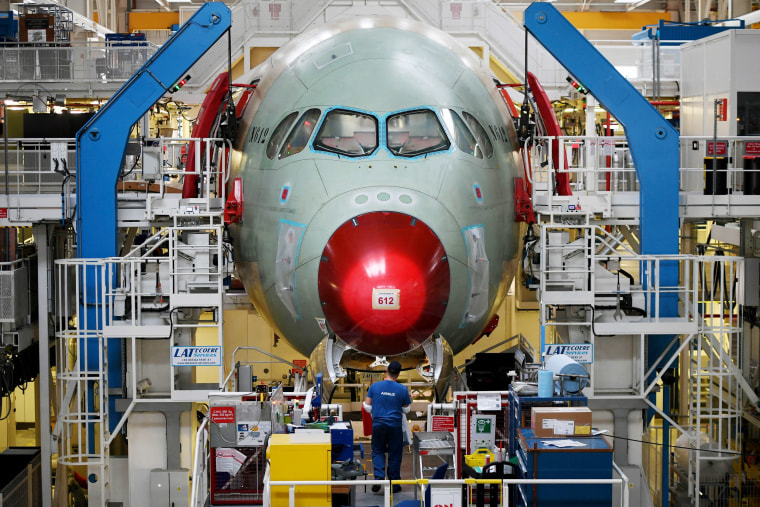Boeing and Airbus May Have Used Counterfeit Titanium in Planes, FAA Says
The aviation industry has long been held to the highest standards when it comes to safety and quality assurance. However, recent revelations by the Federal Aviation Administration (FAA) have raised alarming concerns that Boeing and Airbus may have unknowingly used counterfeit titanium in the construction of their planes.
According to the FAA, a recent investigation has unearthed evidence suggesting that some of the titanium used in the production of aircraft components by both Boeing and Airbus may have been counterfeit. The use of counterfeit materials in aerospace applications is a serious issue with potentially catastrophic consequences. The strength and durability of titanium are critical to the structural integrity of an aircraft, and any compromise in the quality of this material can jeopardize passenger safety.
The implications of this revelation are vast and far-reaching. Both Boeing and Airbus are industry giants that produce a significant portion of the world’s commercial aircraft. The potential use of counterfeit titanium in their planes raises questions about the robustness of their supply chain and the effectiveness of their quality control processes.
Counterfeit materials pose a serious threat to the aviation industry, as they may not meet the stringent standards required for aerospace applications. The use of substandard materials can compromise the structural integrity of an aircraft, leading to catastrophic failures in-flight. This not only endangers the lives of passengers and crew but also damages the reputation and financial stability of the aircraft manufacturers.
The investigation by the FAA is ongoing, and both Boeing and Airbus have pledged their cooperation in addressing the issue. It is crucial for both companies to conduct a thorough review of their supply chains and manufacturing processes to ensure that counterfeit materials have not been used in their planes. Additionally, steps must be taken to strengthen oversight and quality control measures to prevent such incidents from occurring in the future.
The aviation industry must maintain the highest standards of safety and quality to ensure the continued trust and confidence of passengers and regulatory authorities. The potential use of counterfeit titanium in aircraft construction serves as a stark reminder of the importance of vigilance and adherence to established standards in the aerospace sector.
As the investigation unfolds and corrective actions are implemented, the focus must remain on ensuring the safety and integrity of the aircraft produced by Boeing and Airbus. The consequences of using counterfeit materials in planes are too grave to be ignored, and the industry as a whole must learn from this experience to prevent such lapses in quality control from occurring again in the future.
